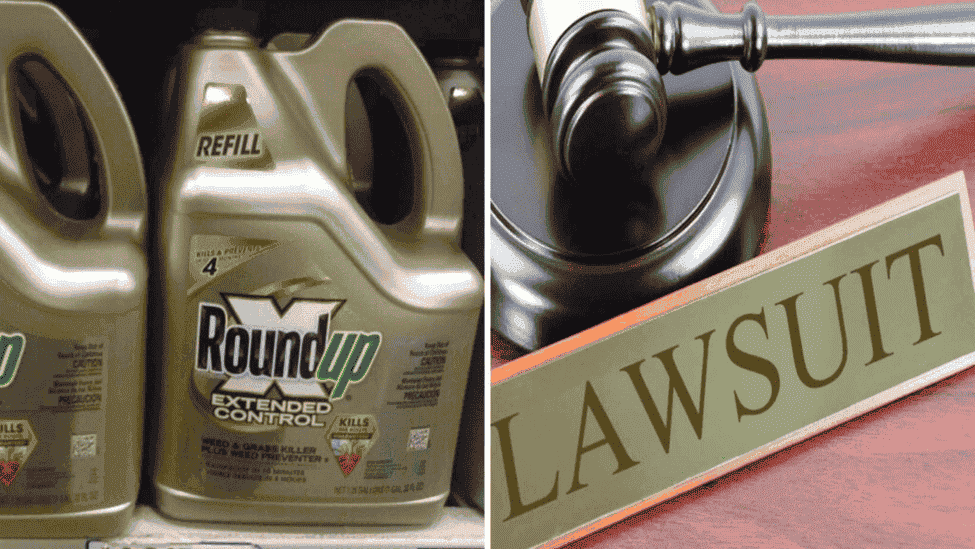| Posted on | Education
Understanding the Roundup Lawsuit: Key Facts Every Consumer Should Know
0
4125 Views
Understanding the Roundup Lawsuit: Key Facts Every Consumer Should Know

Roundup is an herbicide that eradicates weeds and is used to keep parks and lawns weed-free. The active component of Roundup is glyphosate, which functions by preventing the activity of a certain enzyme necessary for the weed’s development.
Roundup weed killer became the most widely used herbicide in American agriculture by 2001, with an estimated 90 million pounds used annually, and that amount increased to 185 million pounds a year in 2007.
There were claims that Roundup led to cancer. The International Agency for Research on Cancer (IARC), widely regarded as the gold standard in the area of cancer research, analyzed all published, peer-reviewed evidence and reached the conclusion that non-Hodgkin lymphoma is linked to glyphosate exposure. This opened up the possibility of Roundup lawsuits.
However, there is more to the Roundup and cancer connection than just glyphosate because the additional components that are used in Roundup are also toxic. If you are one of the victims, consult the best Roundup lawsuit lawyers to find out how you can seek compensation.
Roundup Lawsuit Key Facts
Are you a Roundup consumer? If yes, you need to know a few key facts about the Roundup lawsuits. Roundup is proven to cause cancer, and now that research has created scientific evidence to support that, victims can bring lawsuits against the company. If you or your loved ones have been exposed to this dangerous product and later got diagnosed with cancer, you need the documents mentioned below to file a successful lawsuit.
- Evidence that You Were Exposed to Roundup
Obtain proof that you were exposed to Roundup at your home, workplace, or on a farm, because this is a crucial component of your argument. These proofs consist of purchase receipts, bills for landscaping services, and standard operating procedures, if you have been exposed to them at work.
- Degree of Exposure
If you were exposed to the herbicide on a long-term, continuous basis for a number of years, your claim could be stronger, and you have a better chance of winning the case. For example, if you work at a farm where the herbicide is sprayed for several hours at a time, you have a better chance of winning your lawsuit than someone who was exposed to it only a few times.
- Duration Between Your Exposure and Diagnosis
The amount of time passed between the date of your diagnosis and your exposure to Roundup may be taken into account by the court as the latency period. According to research, lymphoma linked to high-dose pesticide exposure often takes two years or longer to develop, and because of this, mentioning the period of time between your exposure and diagnosis is important for the lawsuit.

You could be eligible to file a Roundup lawsuit if you or a loved one has developed cancer as a consequence of exposure to Roundup. All you need to do is consult a Roundup lawyer to find out if you have a strong case for compensation or if you need additional evidence to back it up. Speak with a knowledgeable Roundup attorney today to learn about your legal options.
